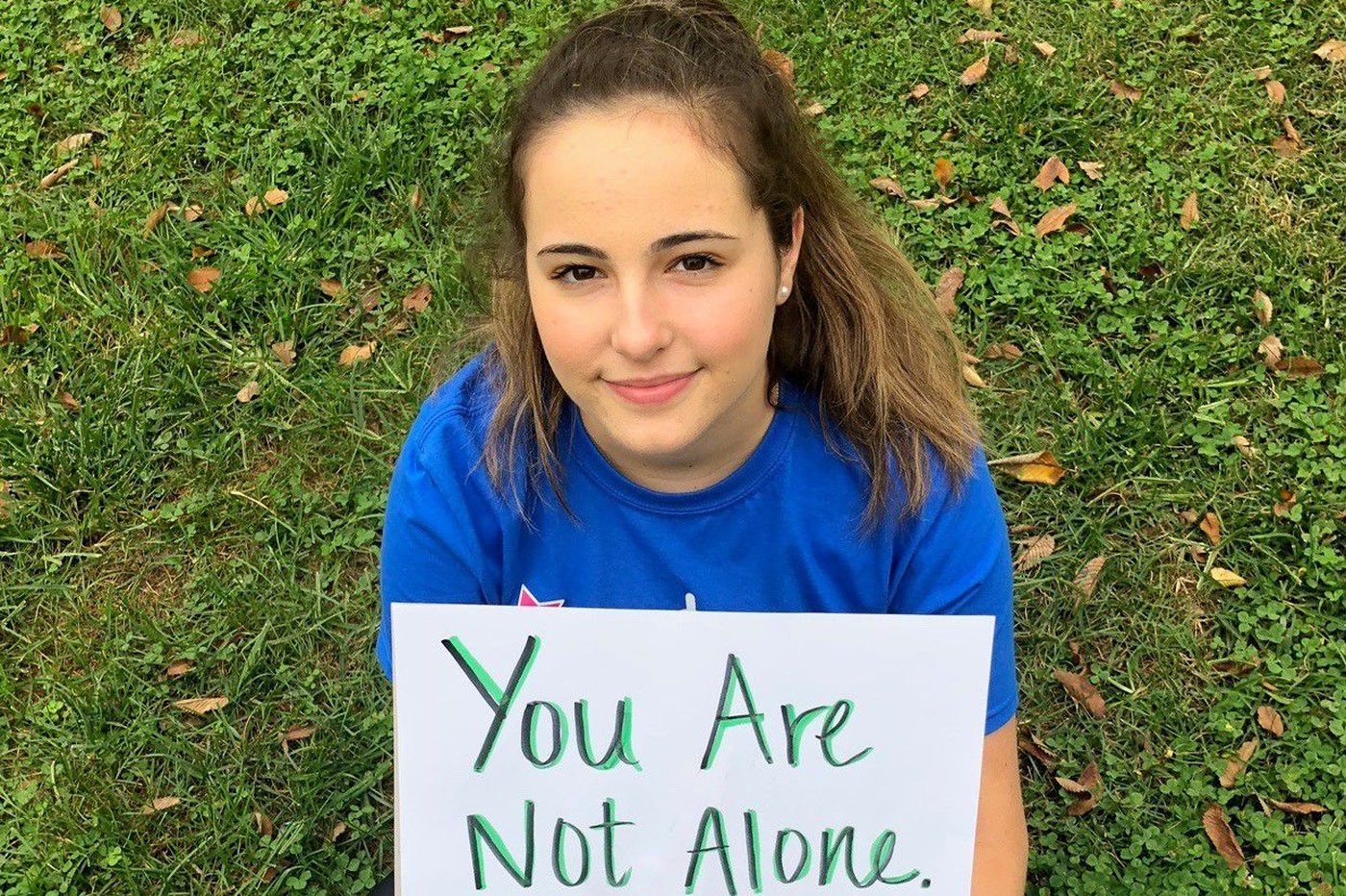

Complete Guide to the Most Effective OCD Treatments
Obsessive-Compulsive Disorder, more commonly known as OCD, is a complex, enduring mental health condition characterized by intrusive, repetitive thoughts—called obsessions—and compulsive behaviors that a person feels driven to perform. These patterns can become deeply disruptive, making it difficult to function in everyday life.
Whether it’s the compulsion to wash hands repeatedly or the obsessive fear that something bad will happen unless objects are arranged “just right,” the symptoms of OCD can take many forms. What unites them is the overwhelming sense of anxiety and the inability to easily break free from the cycle.
Recognizing the Signs and Core Symptoms of OCD
OCD symptoms typically fall into two categories—obsessions and compulsions—and many individuals experience both.
Obsessions are recurring thoughts, impulses, or mental images that intrude on the mind, often creating intense discomfort or distress. These thoughts are hard to control and can be deeply upsetting.
Common examples of obsessive symptoms include:
-
Persistent fears of contamination or germs
-
Intrusive thoughts that are taboo or inappropriate, often involving religion, sex, or violence
-
Fear of causing harm to oneself or others, despite having no desire to do so
-
A need for order, precision, or symmetry in surroundings
Compulsions are the behavioral responses to these obsessions. They’re often rituals performed to reduce anxiety or prevent a feared outcome—although the individual usually understands that the relief is temporary or irrational.
Typical compulsive behaviors may include:
-
Obsessive handwashing or cleaning rituals
-
Arranging and reordering items until they feel “right”
-
Checking doors, locks, stoves, or appliances repeatedly
-
Counting in specific patterns or sequences
What separates OCD from routine habits or occasional double-checking is the frequency, intensity, and distress involved. People with OCD:
-
Feel unable to stop their thoughts or actions, even when aware that they’re excessive
-
Spend significant time—often an hour or more per day—engaging in these behaviors
-
Don’t derive enjoyment from the rituals, only temporary relief from the anxiety
-
Experience real disruption in school, work, relationships, or daily functioning
In some cases, individuals with OCD also develop tic disorders, involving sudden, repetitive movements or vocalizations—like blinking, sniffing, or throat-clearing. These may appear alongside compulsive behaviors.
Symptoms often fluctuate. Some days are manageable, others unbearable. Adults usually recognize the irrational nature of their thoughts, but children may not. This makes early detection—often by parents or teachers—especially important in younger individuals.
If you suspect OCD is impacting your life, don’t dismiss the signs. A proper diagnosis and targeted treatment can make a real difference.

Contributing Factors That May Influence OCD
OCD is surprisingly widespread, affecting people of all ages. While many are diagnosed during adolescence or early adulthood, it can emerge as early as childhood—and sometimes later in life. Boys tend to show earlier onset than girls.
The precise cause of OCD isn’t fully known, but several influential factors have been identified.
Hereditary Influence: Genetics and Family History
OCD often runs in families. Studies suggest that having a parent, sibling, or child with OCD increases one’s risk—especially if the family member developed symptoms at a young age. Genetic research is ongoing and may eventually lead to better diagnostic tools and personalized treatment plans.
Brain Activity and Structural Differences
Brain imaging studies have revealed differences in the structure and function of the frontal cortex and other areas in individuals with OCD. These abnormalities may affect how the brain regulates emotion, decision-making, and behavioral control.
While scientists haven’t pinned down exactly how these changes contribute to OCD, they continue to explore these links to design more effective therapies.
Environmental and Childhood Influences
Trauma in early life—such as abuse, neglect, or chronic stress—may increase vulnerability to OCD symptoms later on. Some research also highlights a potential connection between streptococcal infections and sudden onset of OCD symptoms in children, a condition known as PANDAS (Pediatric Autoimmune Neuropsychiatric Disorders Associated with Streptococcal Infections).
In PANDAS cases, the body’s immune response may trigger inflammation in the brain, leading to obsessive and compulsive behaviors.

Therapies That Work Best for Treating OCD
When it comes to treating OCD, two evidence-backed options stand out above all others: Cognitive Behavioral Therapy (CBT) and medication. Within CBT, a specialized method called Exposure and Response Prevention (ERP) has shown the highest success rates.
ERP therapy involves gradually confronting feared thoughts or situations—without resorting to compulsive responses. Over time, this builds resilience and rewires the brain's relationship to fear. ERP is typically delivered in an outpatient setting by trained mental health professionals such as psychologists or licensed therapists.
On the medical side, the most effective drugs for OCD fall into the category of serotonin reuptake inhibitors (SRIs). These include both selective serotonin reuptake inhibitors (SSRIs) and other related medications. When used alongside ERP, they form a first-line defense against OCD, with roughly 70% of people reporting significant improvement.
Each component—therapy and medication—requires the expertise of different professionals. Ideally, a psychiatrist (for medication) and a therapist (for ERP) collaborate on a coordinated plan tailored to the individual’s needs.
Higher Levels of Care: What to Do If Standard Treatment Isn’t Enough
If traditional outpatient therapy hasn't provided enough relief, don’t lose hope—there are more intensive treatment options available. These services offer structured, higher-level care and are particularly useful for individuals with severe symptoms or treatment-resistant OCD.
Here’s a breakdown of the main tiers of care, from least to most intensive:
-
Outpatient Therapy: One-on-one sessions with a therapist, typically once or twice a week. This is the most common entry point into treatment.
-
Intensive Outpatient Programs (IOP): A more frequent schedule, involving both group and individual therapy several times per week.
-
Day Treatment Programs: Structured full-day therapy sessions—usually from morning to late afternoon—offered multiple days a week at mental health facilities.
-
Partial Hospitalization Programs (PHP): Similar to day programs but provided within hospital settings. These are more clinical and medically supervised.
-
Residential Treatment: Individuals live full-time in a mental health center where they receive around-the-clock care while participating in therapy daily.
-
Inpatient Hospitalization: The most acute level of care, typically for individuals experiencing crisis, who may be a danger to themselves or others. Treatment here is focused on stabilization before transitioning to lower levels of care.
Finding the right level depends on the severity of symptoms and how much previous treatment has helped. Many clinics offer assessments to help determine the best fit.
Exploring Additional Treatment Routes for OCD
While ERP and medication are the most widely recommended first-line treatments, they aren’t the only methods available. Researchers and clinicians are continually exploring new tools, formats, and adaptations of existing therapies to make OCD treatment more accessible and effective for diverse needs.
Group-Based ERP and Teletherapy
Recent studies suggest that Exposure and Response Prevention therapy can also be effective in group settings. Participating in group ERP may help individuals feel less alone, gain encouragement from peers, and learn from shared experiences.
Similarly, teletherapy—receiving ERP via video conferencing—is becoming a widely accepted and successful approach. It expands access to treatment, especially for those in rural areas or with mobility issues. With the right therapist and structure, virtual sessions can deliver the same level of exposure and behavioral progress as in-person visits.
Acceptance and Commitment Therapy (ACT)
An emerging approach, Acceptance and Commitment Therapy, teaches individuals to observe their thoughts without judgment and to act in alignment with their values, rather than reacting compulsively. While not a primary treatment for OCD, ACT can complement ERP or provide an alternative strategy when traditional methods feel overwhelming.
The Role of Peer and Community Support
OCD recovery can feel isolating, especially when symptoms are intense or misunderstood. That’s why joining support groups, whether online or in-person, can be invaluable.
These communities offer more than encouragement—they provide insights, accountability, and a sense of belonging. Talking to others who’ve walked the same road can help sustain motivation during difficult phases of treatment.
Experimental and Last-Resort Treatments for Severe OCD
In rare cases, severe OCD doesn't respond to ERP, medication, or even intensive treatment programs. For those facing treatment-resistant OCD, researchers are exploring alternative and neuromodulation-based interventions. These options are still under study, and most are considered last-resort options after exhausting traditional therapies.
They include:
-
Deep Brain Stimulation (DBS): A surgical procedure where electrodes are implanted in specific brain areas to regulate neural activity.
-
Transcranial Magnetic Stimulation (TMS): A non-invasive method using magnetic fields to stimulate parts of the brain involved in OCD.
-
Gamma Knife Radiosurgery and Ablative Neurosurgery: More invasive options involving targeted brain lesions.
-
Experimental medications that target glutamate, a neurotransmitter that may play a role in OCD.
While early results show potential, these methods are only recommended when standard care has failed, and should be pursued under the guidance of highly specialized professionals.
A Note on PANDAS: OCD Triggered by Infection
In a small subset of children, OCD symptoms may develop suddenly following a streptococcal infection—a condition known as PANDAS (Pediatric Autoimmune Neuropsychiatric Disorders Associated with Streptococcal Infections).
In these cases, the immune system’s overreaction to infection may lead to inflammation that affects the brain, particularly regions responsible for emotion and behavior. Early diagnosis and treatment are crucial. The initial step often involves antibiotic treatment for the strep infection. If symptoms continue, traditional OCD treatments like ERP and SRIs (serotonin reuptake inhibitors) may be used, but close monitoring is necessary.
Parents and doctors should remain alert to any changes in mood, behavior, or thoughts, especially when SSRIs are introduced, as they can sometimes cause adverse reactions in children.

Ten Key Lessons for Taking on OCD
By Dr. Fred Penzel, Ph.D.
Dr. Fred Penzel, a seasoned psychologist with decades of experience treating OCD, shares ten essential insights based on his work with over 850 individuals living with the disorder. These principles can serve as a roadmap for anyone seeking to better understand and manage OCD long-term.
1. OCD Is Ongoing—Not Something That Just Goes Away
OCD is a chronic condition—more like diabetes than a passing cold. While you can get symptoms under control, the predisposition doesn’t vanish. Long-term success depends on continued use of treatment tools. Without regular therapy or medication, symptoms can creep back. Understanding this reality is the first step toward lifelong management.
2. Doubt and Guilt Are Core Themes
OCD thrives on uncertainty and exaggerated responsibility. These feelings often don’t make logical sense, but they feel incredibly real. Sufferers may obsessively doubt their safety, morality, identity, or even reality itself. They might feel guilt for things they didn’t do or could never have prevented. Learning to identify these thought patterns is essential in learning how to dismantle them.
3. Obsessive Thoughts Can’t Be Willed Away
Obsessions are intrusive by nature and chemically driven. They may mimic real thoughts but feel foreign and unwanted. Trying to “not think” an obsessive thought only intensifies it. The better strategy is to face the thought, observe it, and practice non-reactivity—a skill strengthened through ERP.
4. ERP Remains the Gold Standard
Among all available treatments, Exposure and Response Prevention (ERP) consistently shows the strongest results. It teaches you to confront your fears without resorting to compulsions. Over time, this builds tolerance and reduces anxiety. Other strategies—like avoidance, talk therapy, or relaxation alone—are usually not enough. ERP works because it goes directly to the source of OCD: the fear-ritual loop.
5. Medication Helps, but It Isn’t Everything
SSRIs and related medications can reduce symptoms by up to 60-70%, but rarely eliminate them completely. Medication is best seen as a tool that supports therapy, not a replacement for it. The combination of ERP and medication tends to offer the best long-term results. However, every individual responds differently. There’s no “one-size-fits-all” drug for OCD—just the one that works best for you.
6. You Must Be Self-Reliant in Recovery
Recovery doesn’t come from others doing the work for you. Relying on reassurance, avoidance, or having someone manage your triggers keeps you stuck. Long-term success comes when you take ownership of your exposure practice, track your progress, and push through fear—even when alone.
7. A Good Therapist Helps You Become Your Own Therapist
Therapy isn’t about dependency—it’s about gaining independence. As treatment progresses, you should begin to recognize patterns, create your own ERP challenges, and guide your own growth. Recovery means learning how to respond to symptoms on your own terms.
8. Intuition Is Often Misleading
OCD skews perception. What feels right is often exactly what feeds the cycle. Compulsions bring brief relief, but they also validate irrational fears. Recovery involves doing the opposite of what OCD urges—leaning into discomfort, not away from it.
9. Progress Requires Time and Persistence
Treatment isn’t quick. Some cases resolve in 6–12 months, while others take longer—especially if symptoms are severe or if OCD has disrupted life for many years. Recovery may also include rebuilding lost skills: socializing, working, or managing daily life. Stick with it. Partial recovery is not enough; untreated symptoms often grow to fill the gaps.
10. Preventing Relapse Is Part of the Work
Staying well requires ongoing effort. Most relapses happen when individuals stop using their ERP tools, abandon therapy, or discontinue medication without guidance. OCD doesn’t disappear, but it can be managed effectively with consistent practice. If you slip up, don’t panic. You can always return to your tools and regain your footing.
Even after treatment ends, maintaining healthy routines—like regular sleep, exercise, social engagement, and balanced work—plays a vital role in sustaining emotional resilience.
